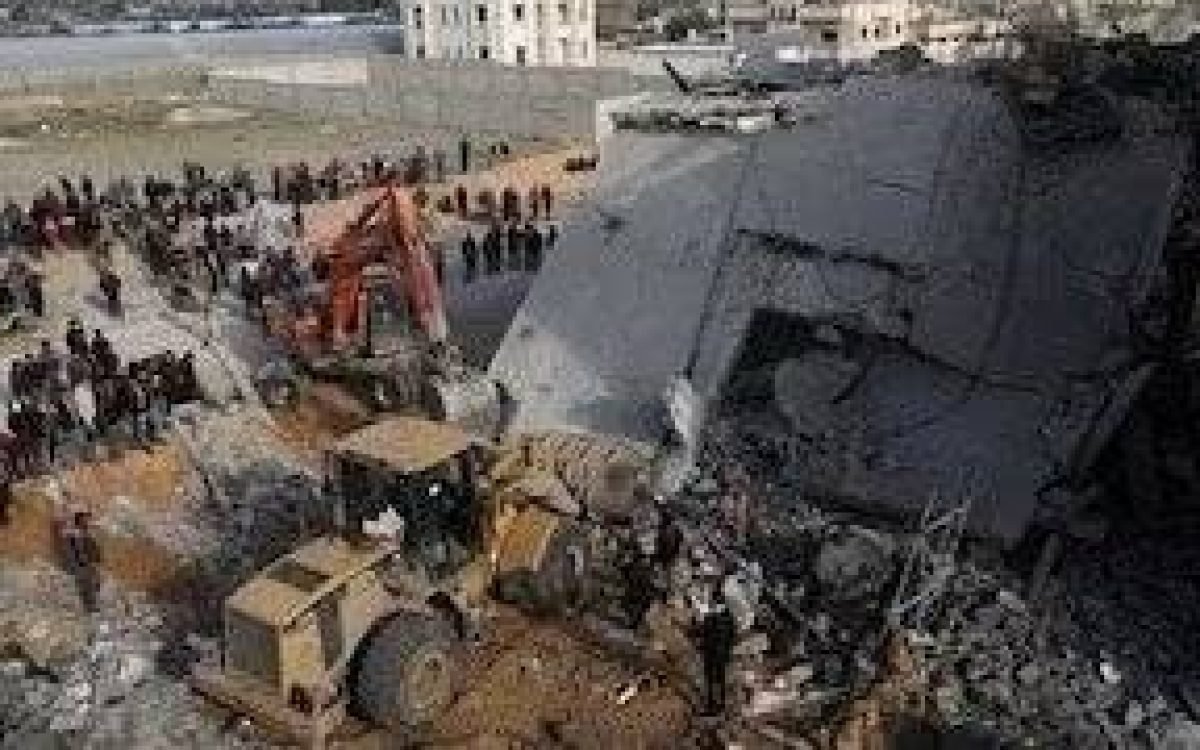As the Israel-Hamas conflict intensifies, recent developments underscore the growing humanitarian crisis and the potential for further escalation. Benny Gantz’s warning regarding a ground invasion in Rafah, coupled with the alarming death toll and international concerns, highlights the urgent need for a diplomatic resolution to prevent further loss of life and suffering.
Here are key points to understand about the situation unfolding in Rafah:
- Deadline for Hostage Release: Israel’s ultimatum to Hamas, demanding the release of hostages by March 10, adds a critical deadline to an already volatile situation. The threat of a ground offensive underscores the seriousness of Israel’s intentions and the gravity of the humanitarian crisis in Gaza.
- International Diplomatic Efforts: Despite peace proposals from Egypt, Qatar, and the United States, significant progress toward de-escalation remains elusive. The international community’s concerns about civilian casualties and the potential for a massacre in Rafah highlight the urgency for concerted diplomatic efforts to halt the violence and facilitate dialogue.
- Coordination with Allies: Benny Gantz’s assertion of coordinated efforts with allies like the United States underscores the importance of international collaboration in addressing the crisis. The focus on evacuating civilians and minimizing civilian casualties reflects a recognition of the human cost of conflict and a commitment to humanitarian principles.
- Egypt’s Role and Concerns: Egypt’s refusal to allow Palestinian refugees into its territory reflects broader regional dynamics and concerns about the destabilizing impact of the conflict spilling over into neighboring countries. The potential escalation of violence in Rafah poses significant challenges for regional stability and underscores the need for regional actors to prioritize de-escalation and dialogue.
- Resettlement Plans and Displacement: Reports suggesting Israel’s intent to push out Palestinians from Gaza raise profound humanitarian and political concerns. The displacement of Palestinian populations and the pursuit of resettlement plans amid ongoing conflict exacerbate tensions and deepen the humanitarian crisis facing Gaza’s residents.
As the situation in Rafah remains precarious, the international community must redouble its efforts to broker a ceasefire and initiate meaningful dialogue between the parties involved. The protection of civilian lives, adherence to international humanitarian law, and the pursuit of a just and lasting peace must guide all efforts to resolve the Israel-Hamas conflict and address its underlying causes.
Failure to act decisively risks further escalation, increased human suffering, and prolonged instability in the region. It is imperative that all stakeholders prioritize diplomacy, dialogue, and respect for human rights to chart a path toward peace and reconciliation in the Israeli-Palestinian conflict.









